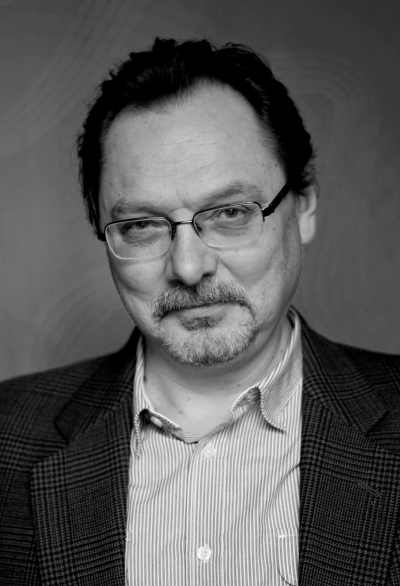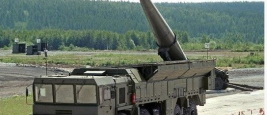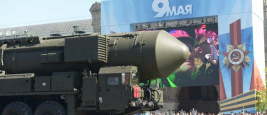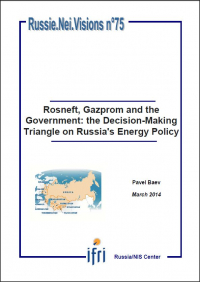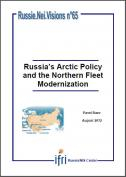
Pavel BAEV
Associate Research Fellow, Russia / Eurasia Center
Research Interests:
- Energy policy towards Europe and Russia’s place in the European security system
- Russia-EU dialogue and Russia-NATO Relations
- Energy geopolitics and Russia’s interests in the Caspian Sea; Russian policy in the Arctic
- Russian defense posture and military reform
- Conflict management in the Caucasus and the Caspian Sea area
Pavel BAEV is an Associate Research Fellow at Ifri's Russia / Eurasia Center, a Researcher and Professor at the Peace Research Institute, Oslo (PRIO), and a Senior Non-Resident Fellow at Brookings Institution, Washington DC.
After graduating from Moscow State University (MA in Political Geography, 1979), he worked in a research institute of the USSR Ministry of Defense; received a PhD in International Relations from the Institute for US and Canadian Studies, USSR Academy of Sciences (1988), and then worked for the Institute of Europe, Moscow. He joined PRIO in October 1992. In 1995-2001, he was the editor of PRIO’s quarterly journal Security Dialogue, and in 1998-2004 was a member of the PRIO board. He writes a weekly column for the Jamestown Foundation’s Eurasia Daily Monitor.
In the recent years Russia has made a significant effort in favor of modernizing its armed forces which allowed it to execute the swift annexation of Crimea in March 2014.
In the recent years Russia has made a significant effort in favor of modernizing its armed forces which allowed it to execute the swift annexation of Crimea in March 2014. Nevertheless, the deteriorating economic situation casts doubts on Russia’s ability to continue these ambitious reforms.<...>
Russia finds itself exposed to many risks in the fast-moving global revolution in energy affairs, and cannot avail of its opportunities despite its unique combination of natural resources and experience in their exploitation. It has entered the phase of economic stagnation, and the under...
The interplay of the foreign, domestic and military dimensions of Russia's Arctic policy is characterized by peculiar incompatibilities. The position of power secured by the military superiority and ambitious modernization of strategic forces is supposed to grant Moscow strong influence and...
Since summer 2009, instability in the eastern part of the North Caucasus has escalated, a security threat against which the Russian leadership cannot find a strategy. Despite a maximum-intensity counterinsurgency campaign, the rebels have been able to expand their support base, staging...



